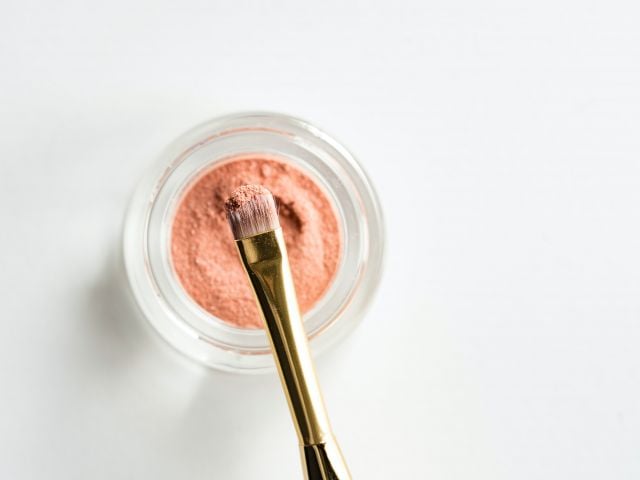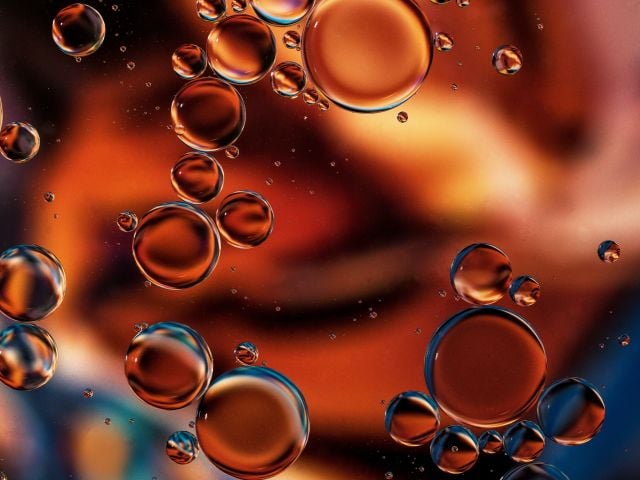
Most people are surprised to learn that the government neither conducts nor requires safety testing of chemicals that go into health and beauty products. Today a panel funded and advised by the cosmetic industry determined that cosmetic companies can continue to add reproductive toxins known as phthalates to cosmetics marketed to women of childbearing age.
Phthalates are linked in animal studies to birth defects of the male reproductive system, including undescended testicles, absent testicles, and a physical defect of the penis known as hypospadias, and are used in a wide range of beauty products including shampoo, hair spray, nail polish, deodorant, and lotion.
The industry safety panel, the national arbiter of cosmetic safety in this self-policing industry, made the decision that phthalates such as dibutyl phthalate (DBP) in cosmetics are safe as used, undeterred by significant data gaps:
- According to the panel’s own scientific review document, scientists have not yet determined a dose of DBP that does not effect the male fetus: “A NOEL [No Observed Effects Level] has not been established for the male-specific effects of DBP in rats.”
- Scientists have not yet determined the amounts of DBP that are absorbed in people’s bodies from cosmetics. The industry’s trade association scientist made ad-hoc calculations of exposure during panel deliberations on Monday that were accepted without qualification by the panel.
- The industry has not determined the full range of products DBP is added to. The trade association’s science advisor was surprised to learn that independent lab testing contracted by EWG and others showed DBP in deodorant, hair spray, and fragrances.
The federal government has no recourse, lacking the authority to require basic safety assessments of cosmetic ingredients. The burden for choosing safe cosmetics falls on the consumer. The decision to provide consumers with safe cosmetics falls on individual cosmetic companies, and fortunately we’re seeing some companies take the lead. Body Shop and Urban Decay, for instance, are reformulating product lines, taking out of their products chemicals linked to birth defects, and giving consumers safer choices.

